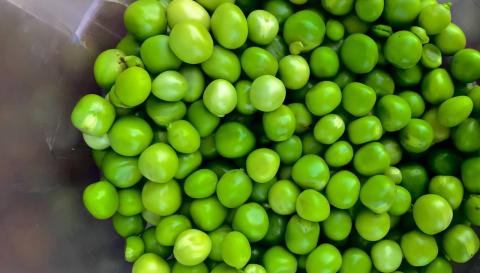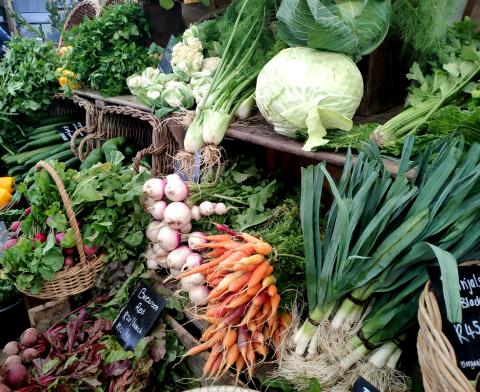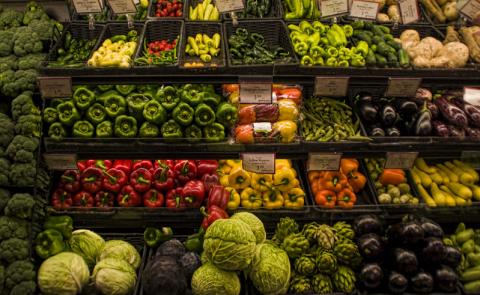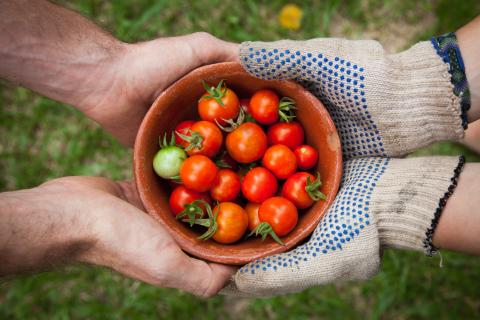Increasing vegetable consumption
We work to drive up the UK’s low intake of veg.
About this Pillar
Why we want this
Most of us know that vegetables are good for us. But we’re still not eating enough of them. Consumption of veg has remained stubbornly below Government and global health recommendations for over a decade in the UK, with intakes particularly low among children and low income groups.
Veg are the golden thread connecting diets that are both healthier and more sustainable, and there would be huge benefits for our health, the environment and the UK’s economy if we were all able to hit the recommendations for vegetable consumption.
Nourishing the Nation: A shared vision of a brighter future
We are seeking to address the shortcomings of the many healthy eating campaigns and initiatives that have previously tried (rather unsuccessfully) to increase the UK's vegetable consumption by focusing on education alone.
Instead, we take a food systems approach to increasing consumption of veg, working collaboratively with businesses, policy makers, academia, civil society and citizens to make vegetables more readily available, affordable and appealing.
What we are asking
At a national level we want to see policy changes that support a shift towards healthy, sustainable diets that are affordable and accessible for all. We would like to see a food environment where vegetables are the easy, convenient and affordable option. This includes policy for increased fruit and veg production and consumption, improved food business transparency, better public procurement standards, healthy and sustainable food environments, and better quality school food.
At a practical level, that means we would like to see everyone in the UK eating an extra portion of veg a day, with two portions of veg served as standard with every meal served in a public setting (such as in schools or hospitals). We would like to see a food business sector making transparent and SMART commitments to increasing the amount of veg they sell and serve, with increased support for marketing and promoting veg while maintaining existing commitments to reducing food waste.

How we are helping
We work with a range of food businesses (from farmers, to supermarkets, restaurants and caterers) to develop, obtain and monitor commitments to grow, serve and sell more veg as part of our Peas Please project.
We support policy-making by generating robust data and evidence on UK vegetable production and consumption, communicating this effectively, and advocating for improvements to Government schemes that support the UK’s horticulture sector and consumption of fruit and veg among children and low income groups.
As co-founders of the Fruit and Vegetable Alliance, we work alongside a consortium of UK fruit and vegetable producers to create a united voice for the edible horticulture sector and to advocate for greater support of the UK fruit and vegetable sector.
Our sister organisation, Veg Power, which we founded, uses advertising and creative communications to inspire children to adopt vegetable loving habits that they will keep for life and in turn pass on to their own children. We are aiming to change the ingrained social and cultural norms that mean veggies are often viewed as somehow less appealing than the alternatives.
We engage with citizens and cities, equipping them with tools and a platform to share their stories and have their voices heard and help us in our mission of championing veg through our work with the Veg Cities campaign and our Veg Advocates programme.
We build strong relationships with civil society organisations and academic researchers to build a network of partners working together to generate and implement evidence and policy solutions to drive up consumption of veg. Our work as part of the SHEFS (Sustainable and Healthy Food Systems) research consortium and through our Peas Please project both support this ambition.

Increasing veg sales and consumption
This video showcases the work The Food Foundation has been doing to increase the consumption and sales of vegetables and make them more accessible and affordable. This includes working directly with businesses to improve best practice, the Government, to influence policy decisions, and with citizens to encourage them to become advocates for change.

Initiatives
Latest content
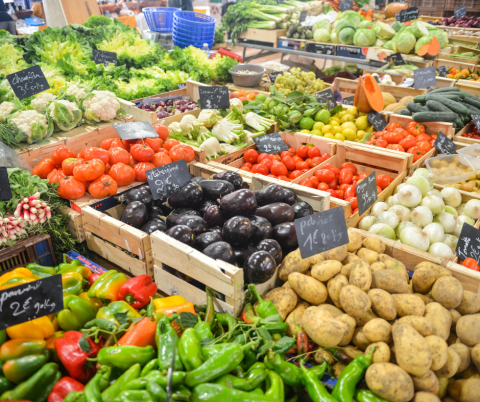
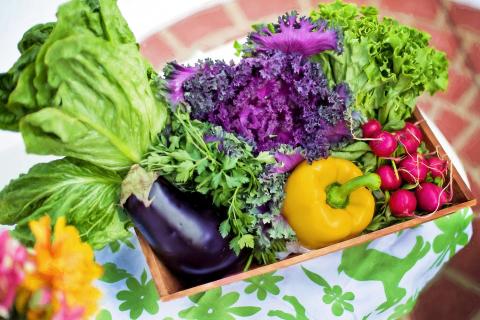
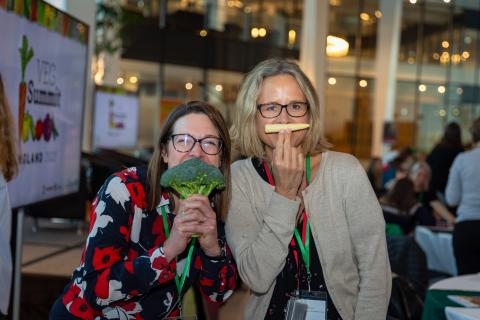

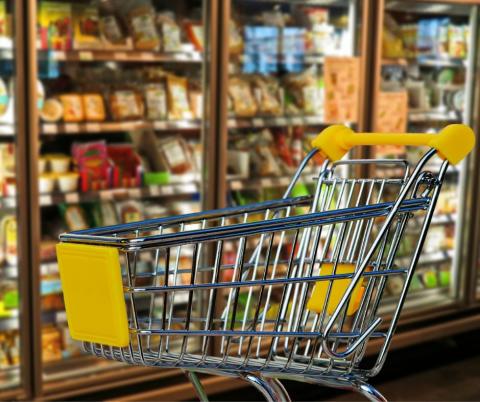
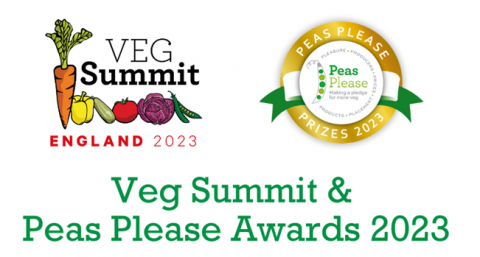


What we've achieved
Since our launch in 2017 Peas Please pledgers have served or sold an additional
162 million
portions of veg
In 2021 Veg Power worked with 1,900 schools to get children excited about eating veg, with the Eat Them to Defeat Them campaign reaching
46 million
people
100+ organisations
have made a pledge for more veg as part of Peas Please
In November 2020 the government announced the
first increase in over a decade
to the value of Healthy Start vouchers, a welfare scheme supporting low income families to buy fruit and veg

Explore the Key Pillars of our work
Our mission is changing food policy and business practice to ensure everyone, across our nations, can afford and access a healthy diet.

Improving children’s diets
Too many children live in households experiencing food poverty in the UK. These families often rely on a cheap, poor-quality food which means that child hunger and obesity often coexist. We work to ensure all children can access a healthy diet.

Increasing vegetable consumption
Despite decades of the 5-a-day campaign, consumption of veg remains well below recommended amounts, with children and low income groups eating the least. We work with over 100 businesses and cities to change the environment so that veg is more available, affordable and accessible.

Influencing food policy
To address the health and climate crises, policy needs to support major dietary shifts – 30% more fruit and vegetables, 50% more fibre, 25% less HFSS food and 30% less meat by 2032. We support leaders to transform food systems.
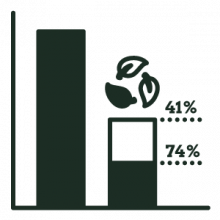
Inspiring change in food businesses and investment
5 out of 11 supermarkets now have targets for healthier food sales. 2 have targets for fruit or vegetable sales and 2 report on sales of animal vs plant proteins. We help make the food industry more transparent so that investors and policy makers can spot the leaders and the laggards.
